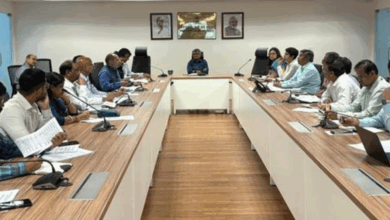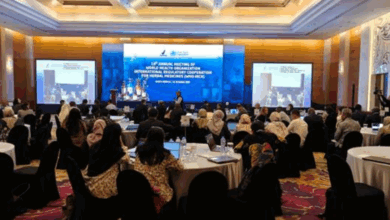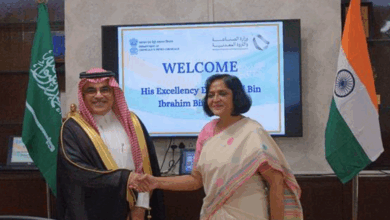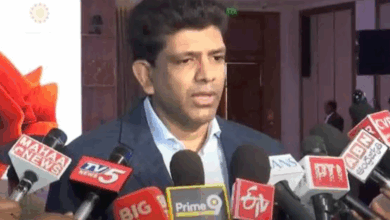L20 adopts two Joint Statements on Universalisation of Social Security and Women and Future of Work as an outcome of two-day inception meet
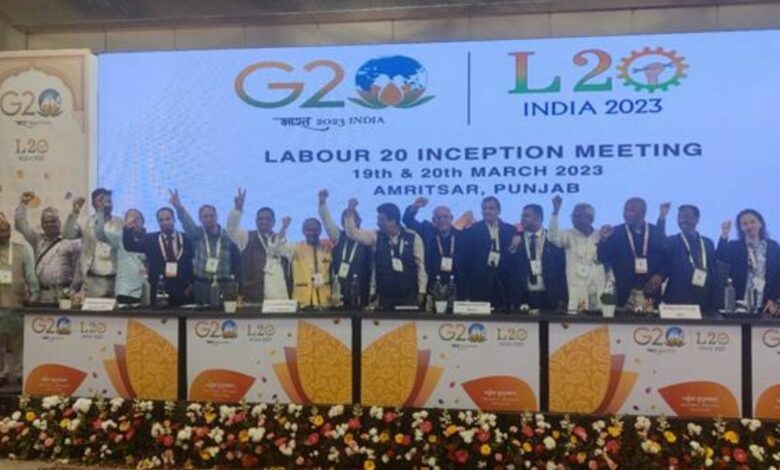
Calls for resolving issues of social security portability and plugging the gender gap in the global workforce
The Labour20 (L20) engagement group’s inception meeting in Amritsar, Punjab, as part of India’s G20 presidency, today adopted two Joint Statements as the final outcome of the two-day deliberations, one calling for resolving the question of portability of social security among G20 nations as a first step towards universalisation of social security, and another for plugging the gender gap in the global workforce.
Trade union leaders, labour studies experts and delegates from 20 nations at the Labour20 inception meeting under India’s G20 presidency had deliberated on the Universalisation of Social Security on the first day, and the last day of the event witnessed productive discussion on Women and the Future of Work, in dedicated sessions to thrash out issues and concerns.
The Joint Statement on Universalisation of Social Security stated that the question of portability of benefits within the G20 nations is a low-hanging fruit, which could be addressed by the grouping at no time and pointed out to the BRICS deliberations for an intra-group arrangement in this regard. Incidentally, BRICS nations are members of the G20.
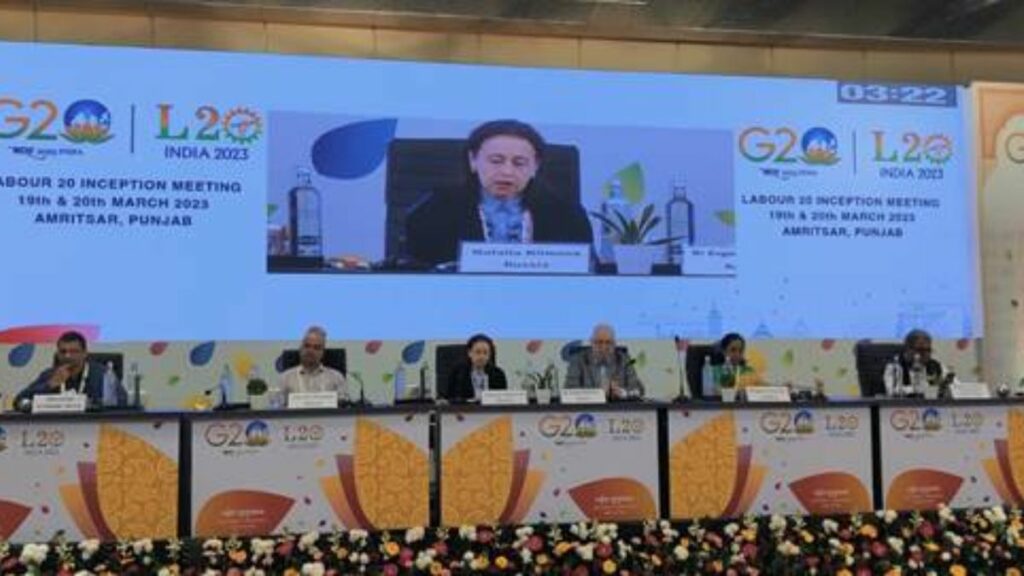
The Joint Statement on Women and the Future of Work called for upskilling of the women workforce globally to meet the emerging challenges of tech-intensive industry and the post-pandemic job market and asked the governments and employers to shoulder this responsibility. It also called for recalibrating how women in the informal sector, and in family-raising roles, contribute to the global economy and asked for value in that contribution.
Union Minister for Labour and Employment Shri Bhupender Yadav addressed the delegates from a virtual platform on 19th March when he said the world had resolved to recover together post-pandemic and to make the recovery a human-centric process, for which there was a need to collectively ensure that workers were equipped with the skills and knowledge necessary to thrive in the dynamic environment.
Shri Yadav agreed that universal social security and its portability across the world is an important issue that G20 and L20 must focus on. He said the informal sector must be brought under the ambit of social security. “There has to be a sustainable mix of social insurance and social assistance schemes for social security,” he added.
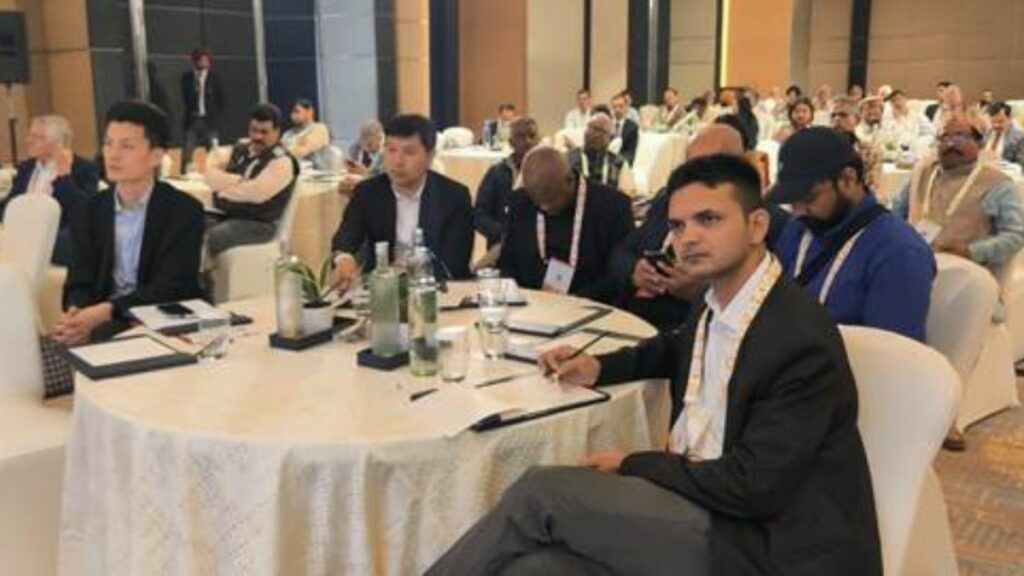
Keeping in line with the vision of ‘Nari shakti’ or ‘Women Power’ of Prime Minister Shri Narendra Modi, the Minister said women’s participation in the labour force has to be enhanced which would in turn lead to the creation of equitable, inclusive and developed society.
Representatives from Russia, India, Australia, Nepal and Bangladesh shared their national experiences on wages and their various dimensions, particularly the impact on livelihoods. The speakers included Sushri Natalia Klimova from FNPR of Russia; Shri Abhishek from Dattopant Thengadi National Board for Workers Education of India; Prof. Anis Chowdhary of Western Sydney University of Australia; Shri Govind Paudel from National Labour Union of Nepal; Smt. Pragana Parande, advisor at VVG National Labour Institute; Shri Dewan Quedou, President of Mauritius Trade Union Congress; and Shri Kanak Kumar Barman of Jaitya Shramik Jote of Bangladesh.
In the session on women workers and the concerns of the future of work, the speakers were Dr Aditi N. Paswan from Delhi University of India; Ms Vani Manoraj, managing director of Chetna Conscience of Women from India; Dr Elina Samantary from VVG National Labour Institute of India; Prof. Alakh N. Sharma, Director of IHD; Shri Shyamati Ranaraja from University of Peradeniya of Sri Lanka; Shri Evgeny Makarov from FNPR of Russia and Shri Jian Zhang from ACFTU of China.
Disclaimer: This is an official press release by pib.



